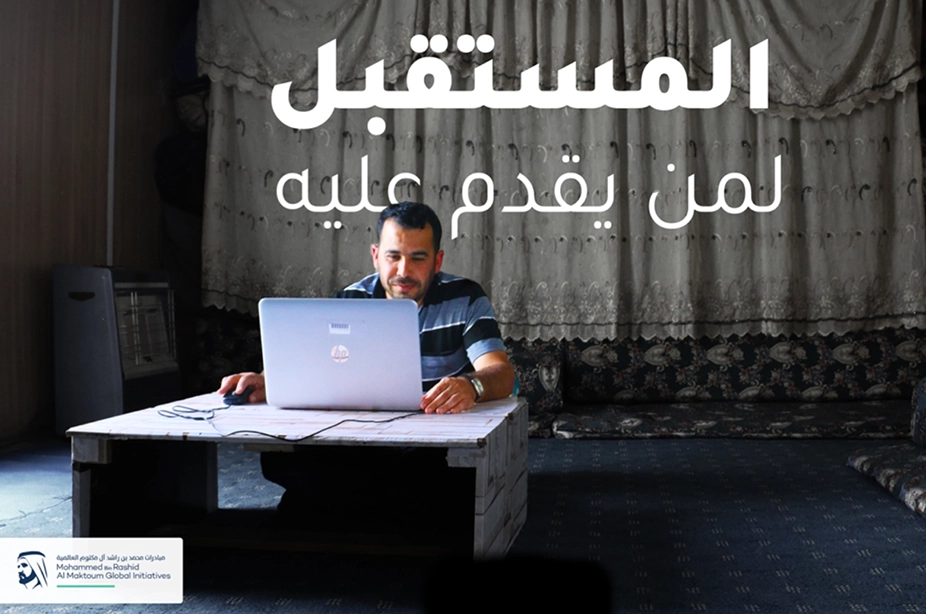The future is bright: Coding the way for One Million Arab Coders
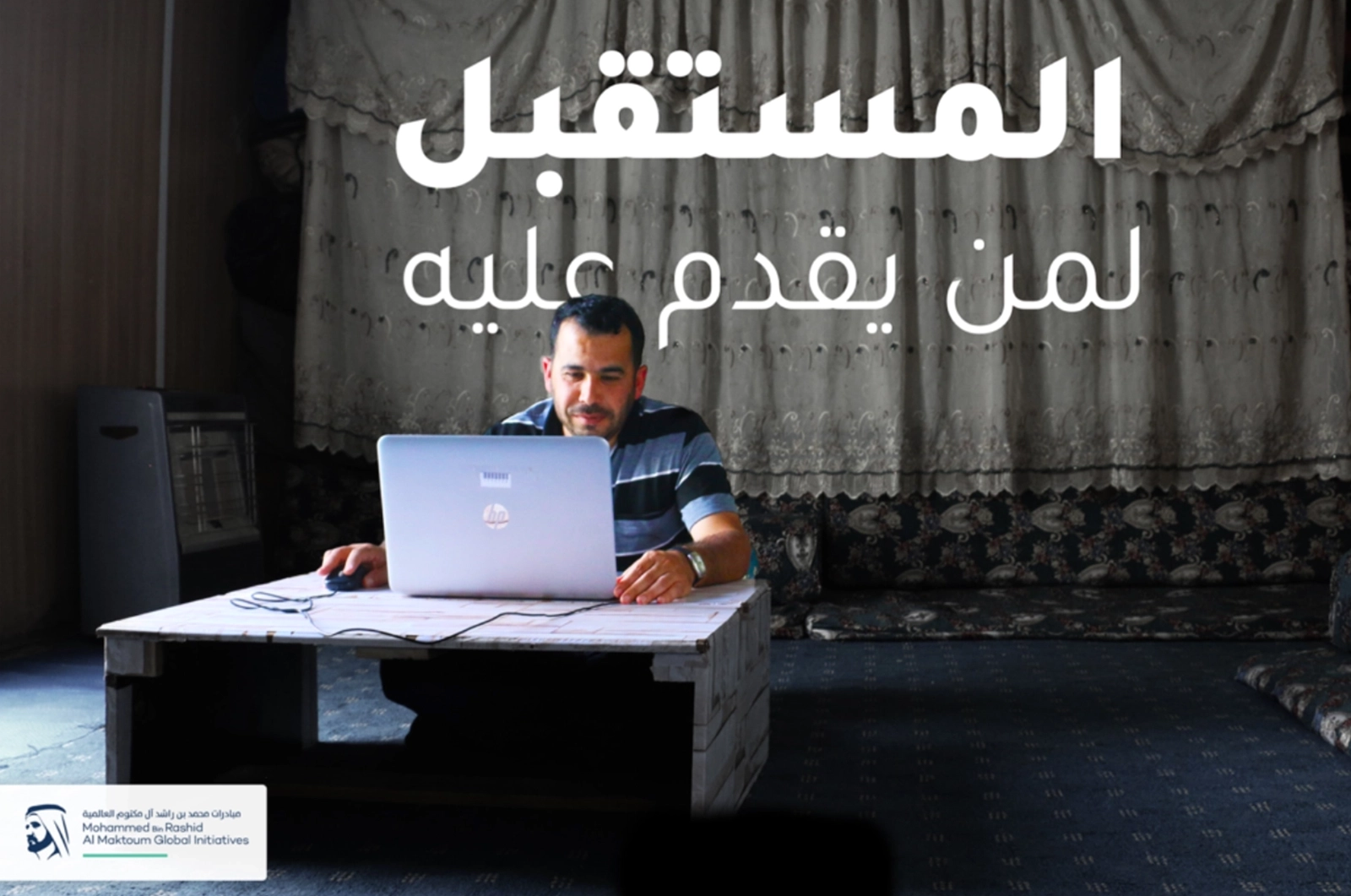
We are thrilled to be celebrating the achievement of the “One Million Arab Coders” (OMAC) program. Three years of hard work and perseverance has concluded with one million Arabs unlocking their untapped potential.
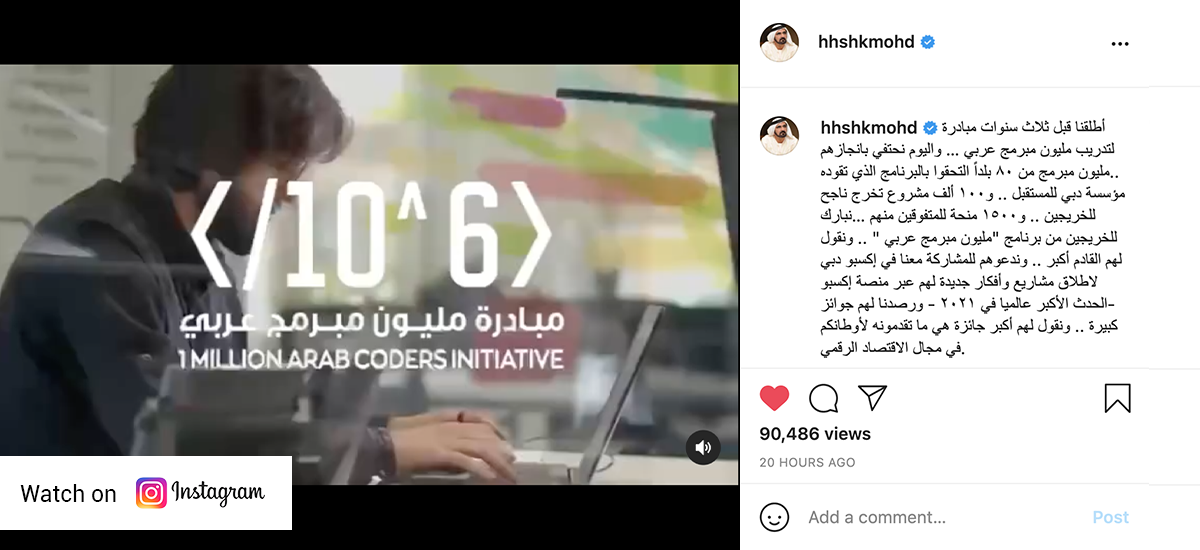
In 2017, HH Sheikh Mohammed Bin Rashid Al Maktoum, UAE Vice President, Prime Minister and ruler of Dubai, launched OMAC as an initiative to offer free coding courses supplied by Udacity and tailored for the initiative to one million people across the Arab world. These courses ranged from basic to advanced, making sure even those who were starting from scratch and those who wanted to develop their coding skills benefited from them.

On March 15th, 2021, our objective was met with the one millionth sign up, and at Sociata, we are delighted to have contributed to the accomplishment of this excellent initiative through meaningful influence for positive change.
Thanks to Dubai Future Foundation, one million Arabs were empowered to change their lives and the lives of those around them; it created a domino effect of positivity, progress, and success. Nowadays, it is undeniable that the future is two things: digital and technology, and with these courses, participants are now able to take an active part in the future economy.
OMAC has enabled this progress and democratized coding for the average individual: learn to code and the world will open to you. The laptop screen has now become the window to worldwide success, and from the comfort of their homes, coders can scale their skills and work in the digital economy across all its dimensions, as freelancers, entrepreneurs or in startups.
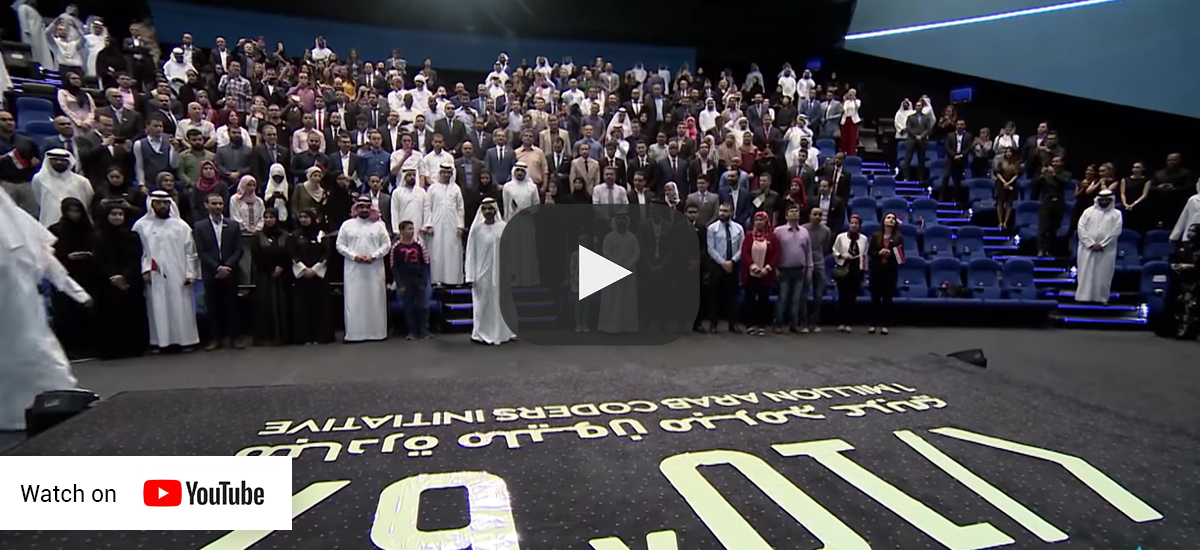
The far-reaching impact of this initiative whose social impact knows no bound is awe-inspiring. Therefore, we were extremely excited and motivated to mobilize our expertise, skills, and tools to bolster OMAC and contribute to their efforts in making it a great success.
Our enthusiasm is what sustained us these past three years and what drove us to ensure our strategy generated the output this initiative deserved.
It all began with a little inspiration from the past. About 15 years ago, coders took the United States by storm. Heavily featured in American media, Silicon Valley became the emblem of coolness and next thing you know, everyone wanted to become a coder. This approach highlighted in shows like Silicon Valley and in the idolization of the likes of Mark Zuckerberg and Steve Jobs inspired us in our strategizing. How could we achieve the same level of acclaim for coders in the Arab world but through social media? We wanted to realize Sheikh Mohammed’s vision, actualize the social impact and inspire people in the region.
At the core of our strategy was one idea: coders are the new rock stars. How did we do this?

We activated our strategy with a people-first approach, putting people at the heart of the conversation. We partnered with over 100 influencers, including popular culture figures, specialized entrepreneurs, and individuals with success stories, to amplify the message we wanted to spread. We adopted a scientific method of selecting popular culture figures by checking their iScore to ensure our message was efficiently spread and to maximize the return on investment.
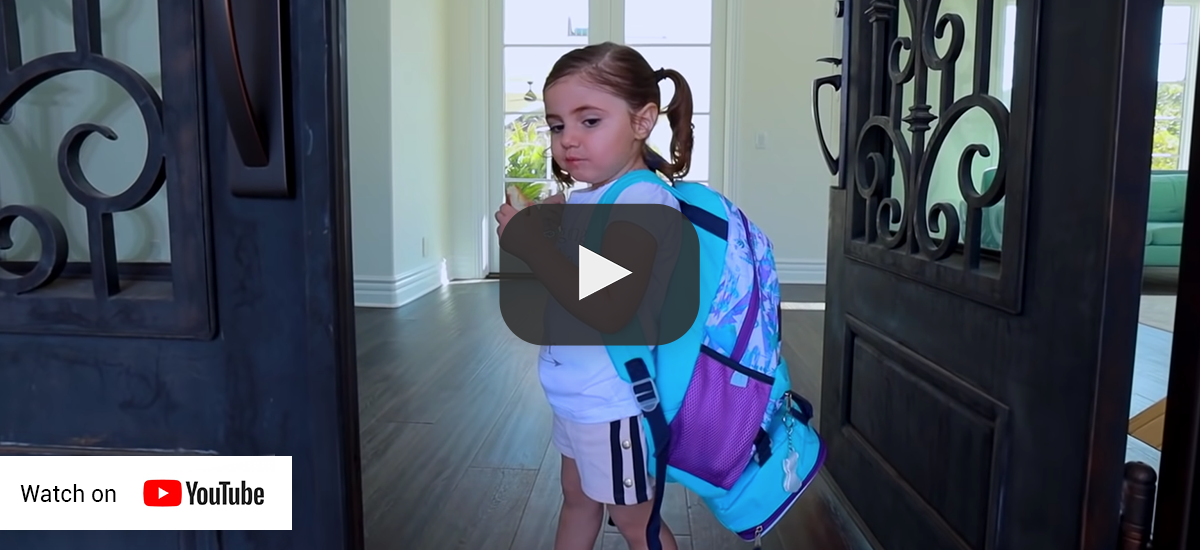
In fact, 55% of the marketing budget was used for creators to generate organic enrollments while the rest was used to amplify influencers’ posts, as well as to mobilize brand retargeting and direct targeting. Our in-house technology allowed us to remarket to the people who viewed and interacted with influencers’ posts. This let us leverage the increased supply of interested individuals by virtue of the influencer content.
The adoption of influencer marketing allowed us to cut costs and drop the Cost Per Acquisitions considerably. In fact, the Cost per Enrollment was 49.47% lower than that generated from direct targeting.
This is only a glimpse of our process. Our upcoming case study will provide a deep dive into the thought process, detailed strategy and effective media tactics that propelled the OMAC initiative to success. So, keep an eye out for our comprehensive case study to learn all about how we really did achieve one million enrollments.



